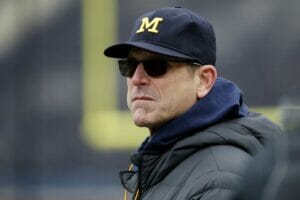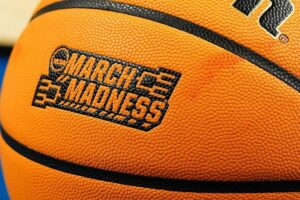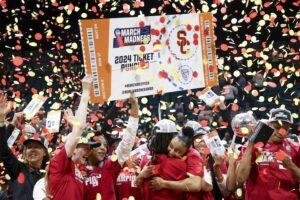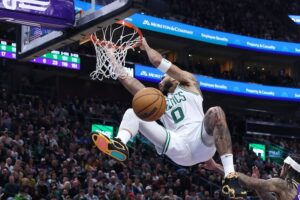New Maryland Sports Betting Regulations Close to Final Approval
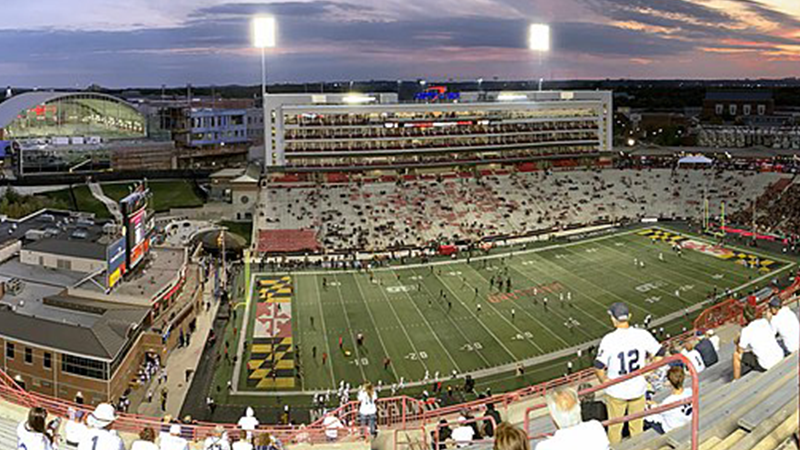
Three sports betting bills have hit Maryland Governor Wes Moore’s desk this week, after they passed both houses of the state’s legislature on Monday April 10.
Two of the bills (SB 620 and HB 802) cover sports betting or affiliate marketing companies and their partnerships with colleges or universities. The third is aimed at tipsters or touts that work with online sportsbooks, encouraging them to sign up for a license and be audited.
Commissions, Bonuses and Incentives
The first two bills passed both houses with unanimous support. SB620 specifically stops Maryland colleges from taking part in sports betting promotions where they receive payments based on participation.
“An institution of higher education may not enter into a contract with a sports marketing entity if… under the terms of the contract, either the sports marketing entity or the institution of higher education receives a commission, bonus, or any other incentive payment based on the success of securing student participation,” the bill said.
This allows for general advertisements, such as billboards or ad hoardings at stadiums, but means colleges can’t act like affiliates and make commissions.
The second part of the bill stipulates that any sportsbook and higher educational institution that partner up will have to publicly disclose the terms of any agreement.
Marketing Guidelines
The only current sports betting operator in Maryland that will be immediately affected by this legislation is PointsBet. The national sportsbook has a deal with University of Maryland College Park or UMCP, which they formed together with marketing firm PlayFly Sports.
This may mean publishing the terms of its contract with UCMP. It is not believed to have any financial incentives per sign up involved.
PointsBet has already been in hot water in recent weeks. The operator canceled a planned five-year contact with the University of Colorado. That’s after an extensive New York Times editorial piece on the deal’s referral bonus with the college sparked national attention.
The American Gaming Association, AGA, made moves to prevent negative press, and swiftly changed its marketing code of conduct to advise against sportsbook-college sponsorship deals completely. These changes were, according to them, the “most significant to the Code since its inception in 2019.”
The new Maryland legislation doesn’t even go that far, and some have accused it of being a toothless bill.
“The real-life effect of this proposed bill in Maryland is like giving a knee brace to an emergency patient with a gushing head,” one anti-gambling campaigner told the Baltimore Business Journal.
Licensing and Audits for Handicappers
The second sports betting bill to hit the Governor’s desk in Maryland this week is a much less emotionally charged one.
SB621 was actually the very last bill of the session, passing just before midnight. It tasks the Maryland Lottery with picking out an independent third party auditor who can look at tipsters and handicappers that have affiliate links with in-state sportsbooks.
If they like what they see, they can give them a state approved license as a reputable handicapper. Although since none of the national operators offering online sports betting in Maryland actually work with handicappers right now, the uptake may be slow.






